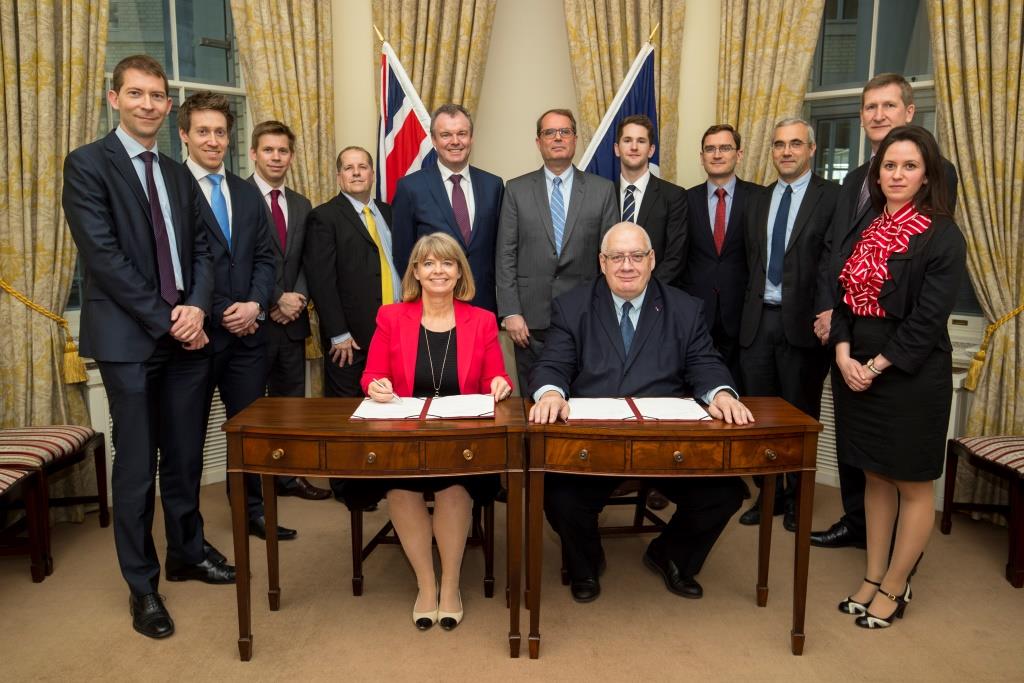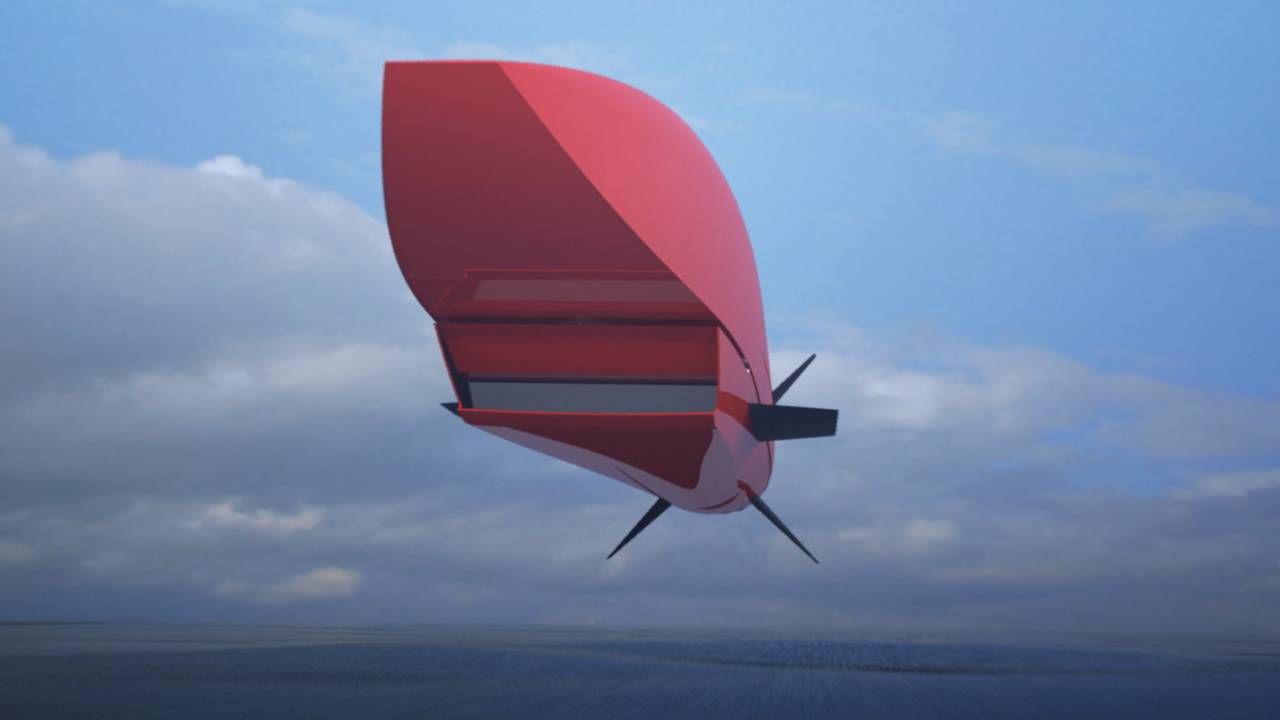
PARIS – Britain and France signed an agreement to launch a €100 million ($108 million), three-year study by European missile maker MBDA for a future cruise missile and anti-ship weapon, the British defense ministry said March 28.
That defense agreement with Paris was announced just ahead of London’s announcement expected on Wednesday to invoke formally a withdrawal from the European Union under Article 50 of the EU Lisbon Treaty.
Britain’s attempt to stay close to European powers included eventually replacing the Boeing Harpoon with a weapon to be built with France, an industry executive said.
“Defense minister Harriett Baldwin and her French counterpart Laurent Collet-Billon today signed an agreement to explore future missile technologies with MBDA,” the U.K. ministry of defense said in a statement.

The contract was expected to be signed “in a few days,” an MBDA spokesman said.
Collet-Billon, chief of the Direction Générale de l’Armement procurement office, signed the agreement on his visit to Baldwin in London, the ministry said. The technical agreement covers “the concept phase” of up to three years to develop weapons for British and French air forces and navies, with each nation to contribute €50 million.
“As demonstrated by having Europe’s largest defense budget, the U.K. is committed to European security and we will continue to collaborate on joint defense programs across the continent,” Baldwin said in a statement. The missile study will support 80 jobs in Britain, she added.

“We are launching today a major new phase in our bilateral cooperation, by planning together a generation of missiles, successor to the Harpoon, Scalp and Storm Shadow,” Collet-Billon said. The aim was to deliver a new generation of future cruise and anti-ship missiles around 2030, he added.
A planned replacement of the Harpoon weapon could be seen as the U.K. “not turning its heels on Europe” and relying less on the U.S., an industry executive said.
The DGA will act as contract authority for the concept phase with MBDA, the company said.
Finding a possible replacement of the Exocet anti-ship missile was included in the study's scope, the French defense ministry said.
The two partner nations will have mutual access to technology, trial and test facilities, according to the ministry.
That industrial cooperation was made possible under an intergovernmental pact signed Oct. 12, allowing the creation of MBDA centers of excellence, intended to pool expertise on either side of the English Channel and avoid duplication.
http://www.defensenews.com/articles...r-joint-study-toward-future-anti-ship-missile


